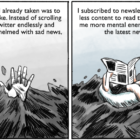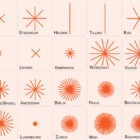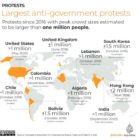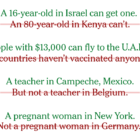conflict
The Database Documenting 60 Years of Conflict in Colombia
|
For five years, about 100 people processed 10,236 datasets from 592 sources and documented 353,531 facts for the Memory and Conflict Observatory, a project that seeks to document the violent events that occurred during the Colombian war. The results can be summarized into a shocking number: 262,197 fatalities over 60 years. Sociologist Andrés Fernando Suárez led the team, and this is what he learned.









